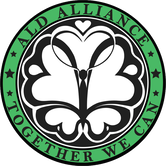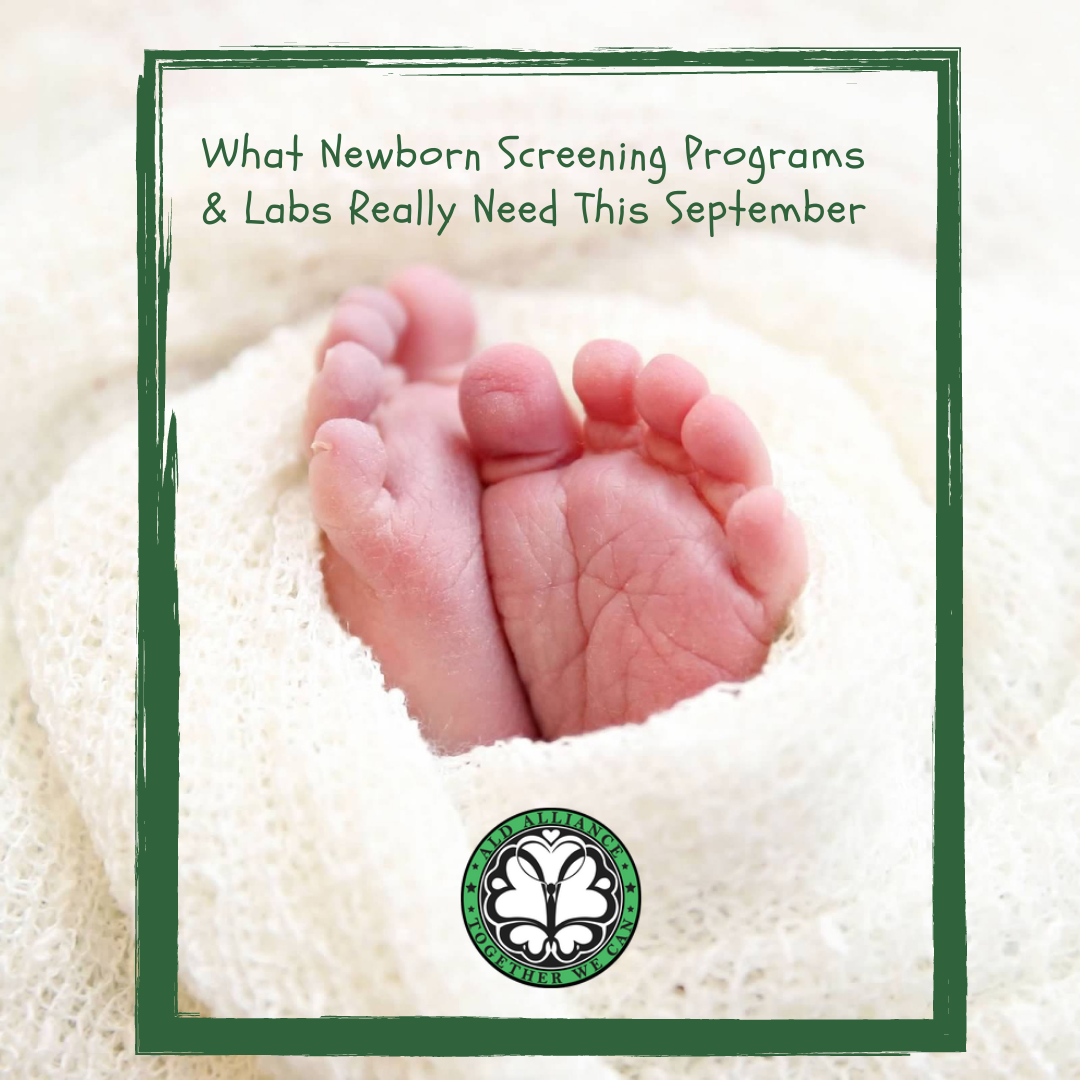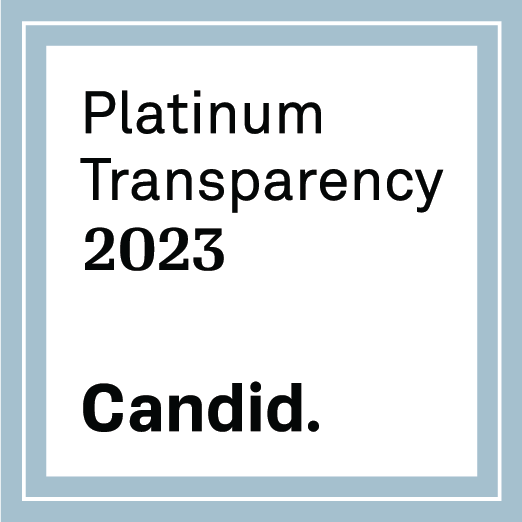In just a few days we'll be celebrating another Newborn Screening Awareness Month. As we do every year, the ALD Alliance will be providing daily posts highlighting the importance of newborn screening, one of our country's greatest public health programs. We put a twist on our awareness campaign this year and thought some truths we shared during public comment earlier this month would be the best way to preview that.
Until September 1st, check out our founder Elisa Seeger's most recent testimony that was given just a few weeks ago at the federal Advisory Committee on Heritable Disorders in Newborns and Children. RUSP alignment, or eradicating death by zip code, can only be achieved once a steady stream of federal funding is in place for our state labs. We will not stop making noise until these employees have what they need to get the job done.
"Dear Chairman Calonge and members of the Advisory Committee for Heritable Disorders in Newborns and Children,
Thank you for the opportunity to provide public comment. My name is Elisa Seeger and I am the founder of the ALD Alliance. Newborn screening advocacy and education are at the core of our mission, along with providing support to families affected by ALD - a disease that is not equally screened for in our country due to the disparities that exist in our country today.
I would like to draw attention to the advocacy work that our coalition has been doing to end “Death by Zip Code.” As many of you here know, the state where a baby is born determines which conditions they are screened for, leading to inequalities across the country. To end “Death by Zip Code,” the country must prioritize complete RUSP implementation in all 50 states. We have consistently heard from state labs and the countless research done that funding is one of the major barriers to efficiently implementing newborn screening conditions. The CDC, under their Newborn Screening Quality Assurance Program, and HRSA both offered funding opportunities last year through grants intended to help states to build capacity to support implementation of the RUSP conditions.
Today, as this community looks to the future with Duchenne and Krabbe in mind, I implore this committee to allot more of its time and resources to finding ways to fund our country's newborn screening labs. As a foundation that has lobbied tirelessly for the CDC's “Enhancing Disease Detection in Newborns: Building Capacity in Public Health Laboratories” grant, I applaud HRSA for the recent Newborn Screening Propel Grant
opportunity. However, there is a need to adjust this to take into account the birth rate in individual states to correlate with the funding that is available.
One state looking to add MPS II, a condition recently added to the RUSP, estimated a cost of $750,000 to complete implementation. This state received approximately $345,000 - about the same amount that all states were awarded. $120,000 of the $345,000 must be used for the state's follow up program, as per the grant, and cannot be used for implementation - leaving the state left with $225,000, which will only cover 30% of their cost to add the new RUSP approved condition.
We are asking our state labs to do the impossible. What purpose does the RUSP serve if states are not properly funded to add the recommended conditions? Many are so short staffed that they cannot even designate an employee to apply for HRSA and CDC grants. For this reason, I am presenting 3 asks today:
1. Transparency. The CDC has a website dedicated to their grant program that shows the history of the grant, awarded states, amount awarded, AND what the funding will be used for by the state. This allows organizations like ours to help target our advocacy and work with state follow up programs to provide education to their newborn screening follow up programs. We ask that the same be done for the HRSA Propel Grant.
2. Smarter Funding. It is apparent that this new grant opportunity was put together with very little involvement from our country's newborn screening labs. Please include them in the process. $345,000 may be appropriate for some states, but the needs of our labs vary greatly across the country - as does the cost of implementing a new condition.
3. Accessibility. As mentioned previously, many states do not have the resources to devote an employee to grant writing. It may be a skill set that is missing altogether. A one-hour virtual meeting is not enough to prepare a lab to write a grant with personnel that has NO experience writing grants. Grant writing workshops should not only be provided, but incentivized. It is already a difficult notion that labs should have to apply for funding to do their jobs. Let's make it as easy as possible to do so.
We will continue to push for more Federal funding for states and their newborn screening programs and hope that state lab engagement in the newborn screening process continues, as their voice and hard work is vital for ensuring that geography does not dictate life and death for newborns.
I would be happy to help meet at a later date regarding these requests and share our thought process as an organization that has dedicated much of our time building relationships with our state's newborn screening programs - the dedicated individuals that make newborn screening a reality.
Thank you."
Until September 1st, check out our founder Elisa Seeger's most recent testimony that was given just a few weeks ago at the federal Advisory Committee on Heritable Disorders in Newborns and Children. RUSP alignment, or eradicating death by zip code, can only be achieved once a steady stream of federal funding is in place for our state labs. We will not stop making noise until these employees have what they need to get the job done.
"Dear Chairman Calonge and members of the Advisory Committee for Heritable Disorders in Newborns and Children,
Thank you for the opportunity to provide public comment. My name is Elisa Seeger and I am the founder of the ALD Alliance. Newborn screening advocacy and education are at the core of our mission, along with providing support to families affected by ALD - a disease that is not equally screened for in our country due to the disparities that exist in our country today.
I would like to draw attention to the advocacy work that our coalition has been doing to end “Death by Zip Code.” As many of you here know, the state where a baby is born determines which conditions they are screened for, leading to inequalities across the country. To end “Death by Zip Code,” the country must prioritize complete RUSP implementation in all 50 states. We have consistently heard from state labs and the countless research done that funding is one of the major barriers to efficiently implementing newborn screening conditions. The CDC, under their Newborn Screening Quality Assurance Program, and HRSA both offered funding opportunities last year through grants intended to help states to build capacity to support implementation of the RUSP conditions.
Today, as this community looks to the future with Duchenne and Krabbe in mind, I implore this committee to allot more of its time and resources to finding ways to fund our country's newborn screening labs. As a foundation that has lobbied tirelessly for the CDC's “Enhancing Disease Detection in Newborns: Building Capacity in Public Health Laboratories” grant, I applaud HRSA for the recent Newborn Screening Propel Grant
opportunity. However, there is a need to adjust this to take into account the birth rate in individual states to correlate with the funding that is available.
One state looking to add MPS II, a condition recently added to the RUSP, estimated a cost of $750,000 to complete implementation. This state received approximately $345,000 - about the same amount that all states were awarded. $120,000 of the $345,000 must be used for the state's follow up program, as per the grant, and cannot be used for implementation - leaving the state left with $225,000, which will only cover 30% of their cost to add the new RUSP approved condition.
We are asking our state labs to do the impossible. What purpose does the RUSP serve if states are not properly funded to add the recommended conditions? Many are so short staffed that they cannot even designate an employee to apply for HRSA and CDC grants. For this reason, I am presenting 3 asks today:
1. Transparency. The CDC has a website dedicated to their grant program that shows the history of the grant, awarded states, amount awarded, AND what the funding will be used for by the state. This allows organizations like ours to help target our advocacy and work with state follow up programs to provide education to their newborn screening follow up programs. We ask that the same be done for the HRSA Propel Grant.
2. Smarter Funding. It is apparent that this new grant opportunity was put together with very little involvement from our country's newborn screening labs. Please include them in the process. $345,000 may be appropriate for some states, but the needs of our labs vary greatly across the country - as does the cost of implementing a new condition.
3. Accessibility. As mentioned previously, many states do not have the resources to devote an employee to grant writing. It may be a skill set that is missing altogether. A one-hour virtual meeting is not enough to prepare a lab to write a grant with personnel that has NO experience writing grants. Grant writing workshops should not only be provided, but incentivized. It is already a difficult notion that labs should have to apply for funding to do their jobs. Let's make it as easy as possible to do so.
We will continue to push for more Federal funding for states and their newborn screening programs and hope that state lab engagement in the newborn screening process continues, as their voice and hard work is vital for ensuring that geography does not dictate life and death for newborns.
I would be happy to help meet at a later date regarding these requests and share our thought process as an organization that has dedicated much of our time building relationships with our state's newborn screening programs - the dedicated individuals that make newborn screening a reality.
Thank you."


 RSS Feed
RSS Feed
